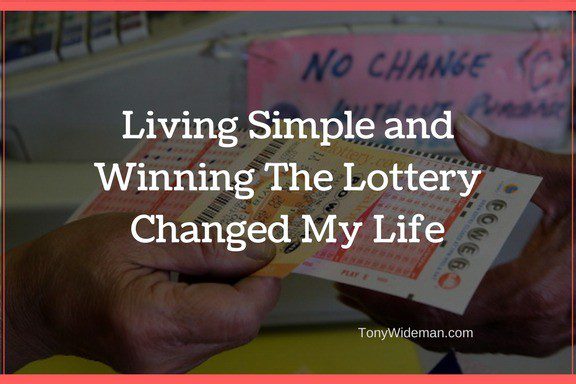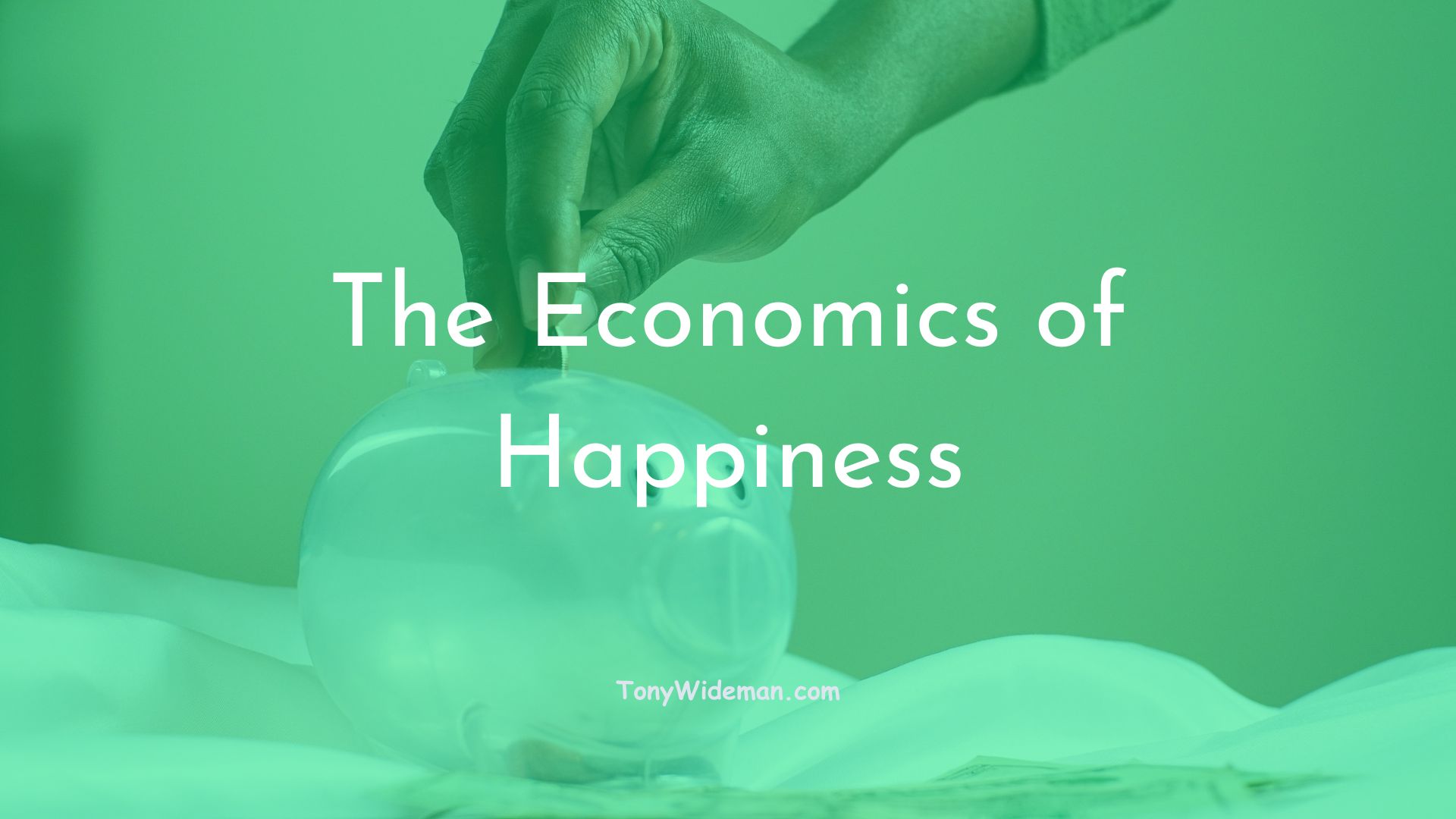What Type Of Ethical Consumer Would You Be?

What type of ethical consumer would you be? A moral consumer is a shopper who bases purchasing decisions on whether a product’s social and ethical positioning fits their values.
Should ethics play a role in your purchasing decisions? How much? Many levels of ethics could come into play as you make your buying decision. Where would you like to come down as an ethical consumer? Do you care at all?
What is important to you? Do you care if the product is safe? Would you care if a product harms the environment? Do you care if a product is tested on animals or if the company treats animals inhumanely?
Do you care about human rights? As an ethical consumer, what will come between your beliefs and the items you consider purchasing?
“Shopping is more important than voting”
– Andrew Wilson, Director of the UK’s Ashridge Centre for Business and Society
As a Living Simple Minimalist, I don’t shop much anymore. There is still a process I use before I make a purchase, and being an ethical consumer rarely plays a part. I ask myself if I really need the item.
If I already have an item that could serve the purpose of the potential new one? I ask where to store the new item, then continue down my list.
For me, ethics comes into play only when it is political. There are products, businesses, and companies I automatically avoid spending money with because of my political beliefs.
There are also companies I avoid for what I feel are well-publicized ethics violations. I believe that, given the information, we all would take an ethical consumer stance.
The Ethical Consumer and Informational Marketing
When it comes to being an ethical consumer, I believe it is safe to say almost all of us are opposed to child labor and other unethical practices against human beings, animals, and the environment.
These actions would negatively affect most people’s purchasing decisions if they were aware that a company engaged in such practices.
The problem with identifying companies that are engaging in practices that would offend an ethical consumer is insufficient marketing. There is no marketing that would make consumers more aware of a company’s moral or unethical practices, and no company will willingly disclose such information.
Most companies don’t see the ethical consumer as a viable market. Unfortunately, we all regularly buy products that are produced by child labor, harm the environment, are developed by torture, and are tested on animals.
We regularly buy products that harm the people who produce them, but we are just not aware of it.
I believe that with a little push and proper awareness, businesses would market more effectively to ethical consumers. As of now, they have not created or marketed these products and services because consumers are not aware of the possibilities.
People regularly buy hybrid cars, organic foods, environmentally friendly detergents, and energy-saving light bulbs. This shows interest, but there is no push for more.
Yes, there are other benefits to those products, such as saving money on gas, health benefits, style, and comfort, but ethical properties are not marketed as well. If ethical consumers were presented with the information and businesses catering to the market, I think the market would grow.
There are times when information is not presented, and an otherwise ethical consumer buys products that do not align with their values.
Likewise, people both want to be ethical and ignore ethics, such as eating healthy, exercising, and saving money. Sometimes all that is needed is a marketing push toward better behavior.
When given information, the ethical consumer will be more consistent with their values in purchasing decisions.
Value vs. Values and The Ethical Consumer
When surveyed, people often identify as ethical consumers. Studies of purchasing habits conflict with survey results because you usually have only the person’s word to go on.
When businesses create products and services that cater to the whims of ethical consumers, they face lagging sales and indifference.
Is that due to insufficient marketing, as discussed earlier, or because people just are not as ethical as they believe themselves to be? These results may discourage companies from developing products and services for the ethical consumer.
Researchers found that most people will not sacrifice product functionality for ethical considerations. When faced with a choice of good ethical positioning and bad product functionality or vice versa, people overwhelmingly chose good product functionality and bad ethical positioning.
They revealed a reluctance to consider ethical product features as anything other than secondary to their primary reasons for purchasing products or services.
Most people would believe that differences influenced by gender, education, income, culture, domicile, fundamental values, and so on would prove unfounded. Consumers behave similarly despite those differences. Cost does matter to most consumers despite ethical concerns.
The cost of a product may even be of greater concern than ecological hazards, research shows. Hell, I believe the color of a pair of shoes may even outweigh ecological hazards and uphold human rights standards on how they were produced.
The sad fact is that even the most socially responsible, ethical consumers do not care enough to pay a higher price for products and services that align more closely with their moral standards.
Conclusion
As a living, simple minimalist, I have to ask: Is the ethical consumer dead? I would say not. It is true that, for now, price is an essential factor in deciding whether to purchase one item over another.
The fact that most consumers say ethics plays a role in their purchasing decisions in surveys is promising. In practice, they seem to forget that and let price rule their purchasing decisions.
There is strong evidence that when equipped with knowledge of a company’s business practices, ethical consumers re-emerge and make purchasing decisions consistent with their values.
The question is, who’s going to equip the consumer with that information? This is an important role that needs to be filled.
Who will equip consumers with information about companies that break the law? Those who use child labor, harm the environment, abuse animals, break health laws, and abuse human rights?
Money and power usually get these concerns swept under the rug. Even worse, when a company is convicted of these violations, it gets what amounts to a slap on the wrist, and the public is never notified.
We will not even discuss companies that manufacture in places where these are not even crimes. We need to do better as a human race to take better care of each other and the environment.
Earning ever-growing profits should not be the company’s only goal.
With the power of the internet, consumers can access all the information needed to find and choose ethical brands. As the popularity of ethical brands grows, so does the power of the ethical consumer.
This is a good thing because the growth of the ethical consumer market will be noticed by mainstream companies and force a change in the practices of the violators.
Hopefully, remember not to be an ethical consumer only in words, but also in practice. The well-being is ensuring you and yours. You have power.
Be the change you seek. Be an ethical consumer. Shopping can be as powerful as voting.






